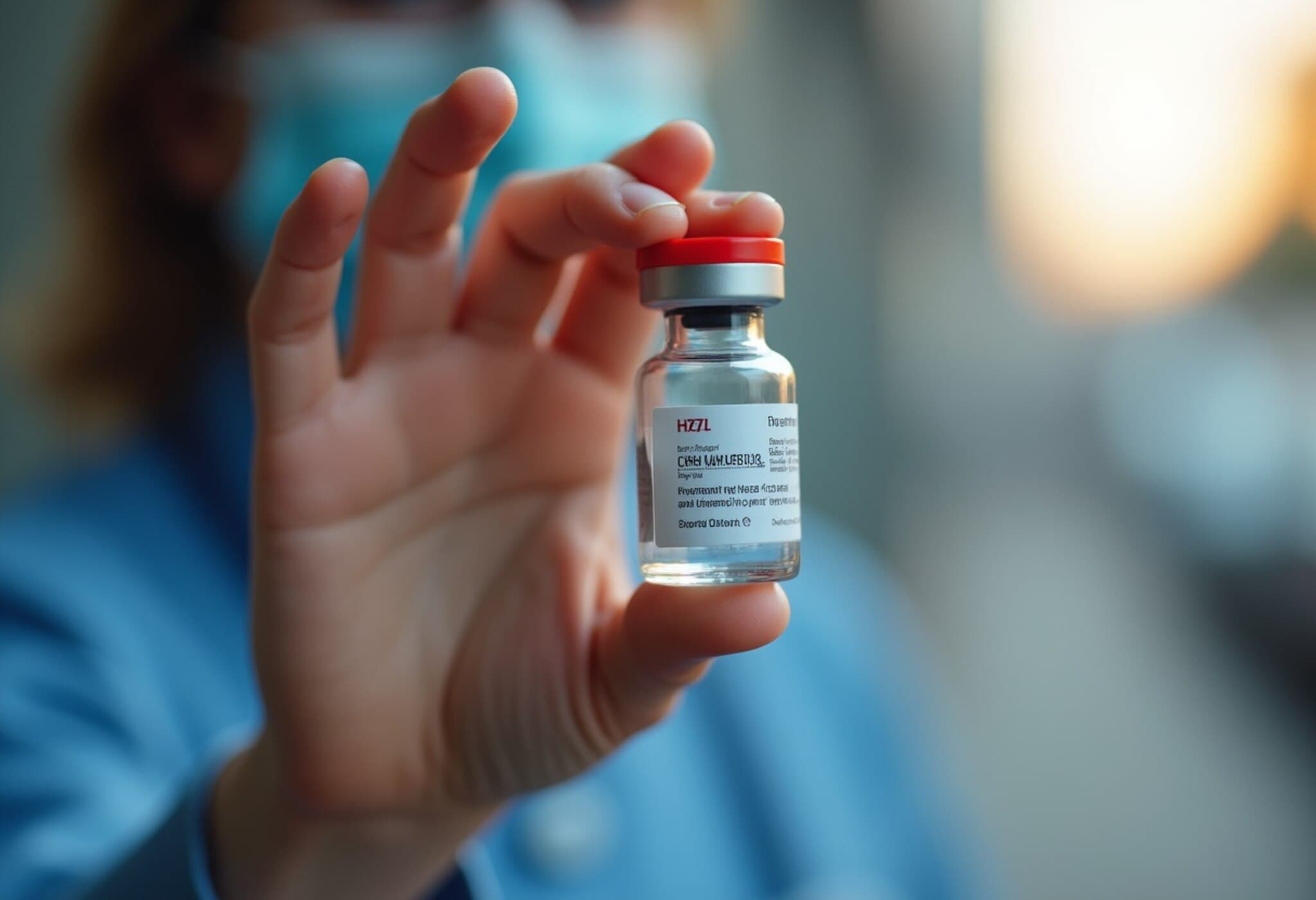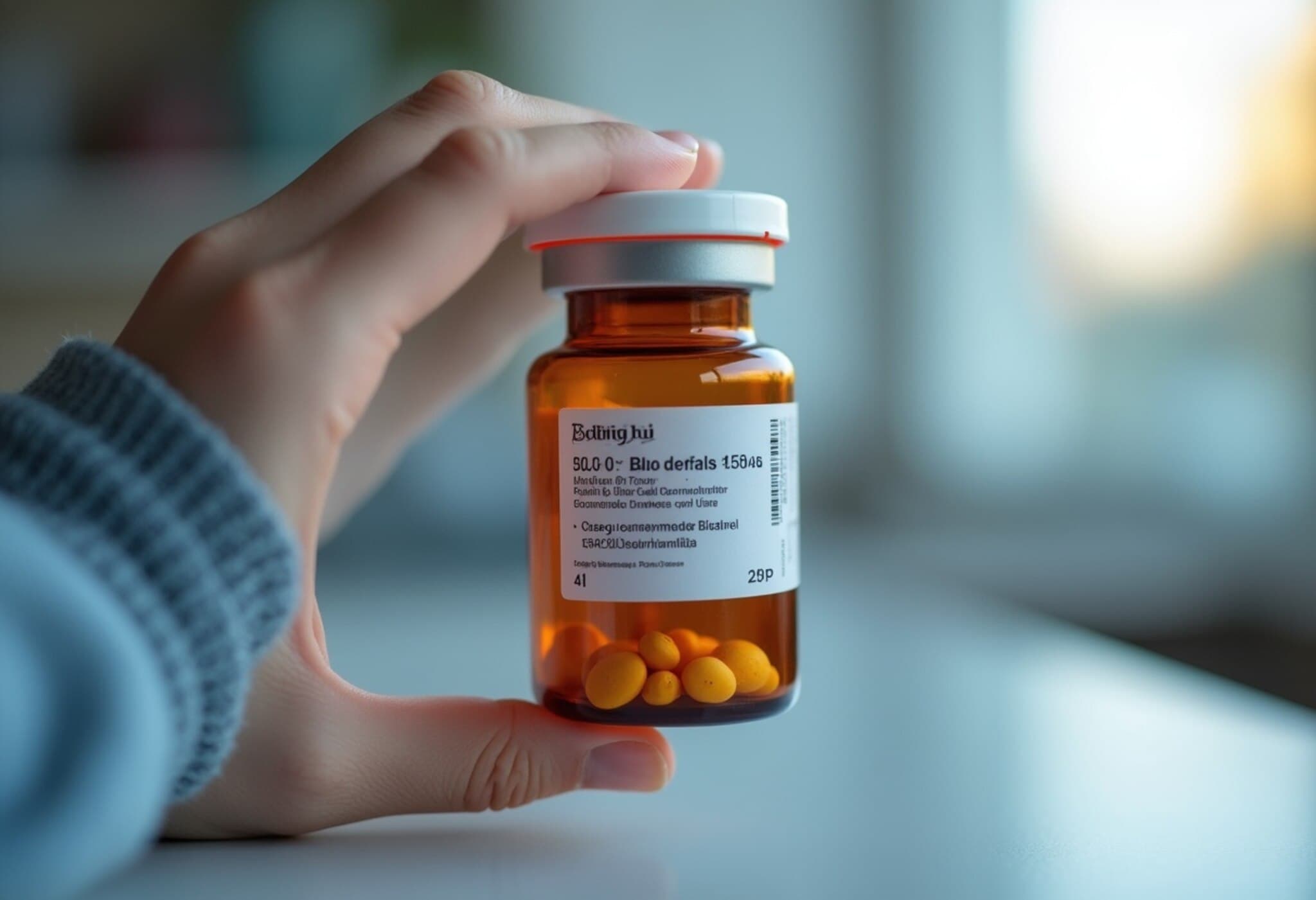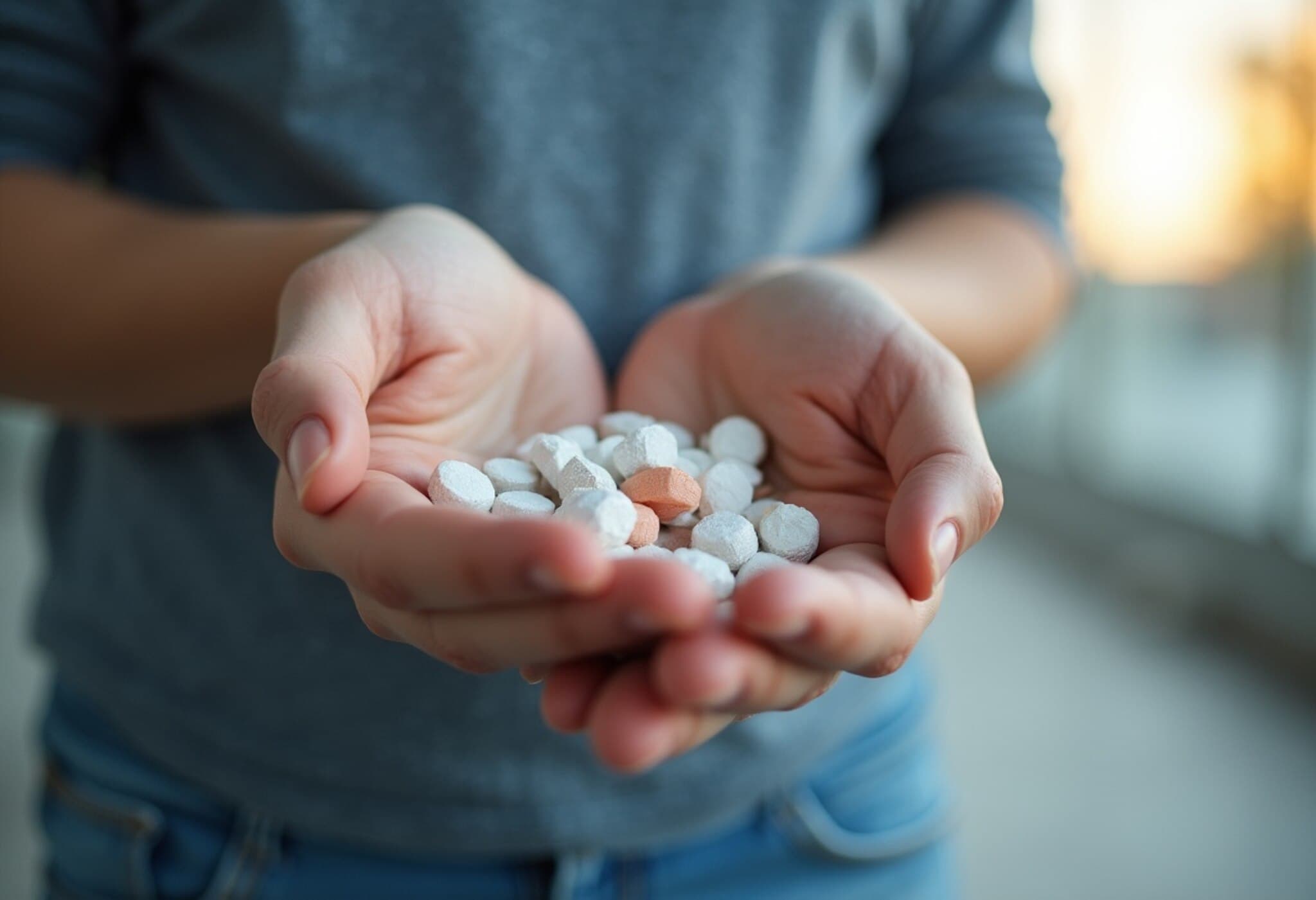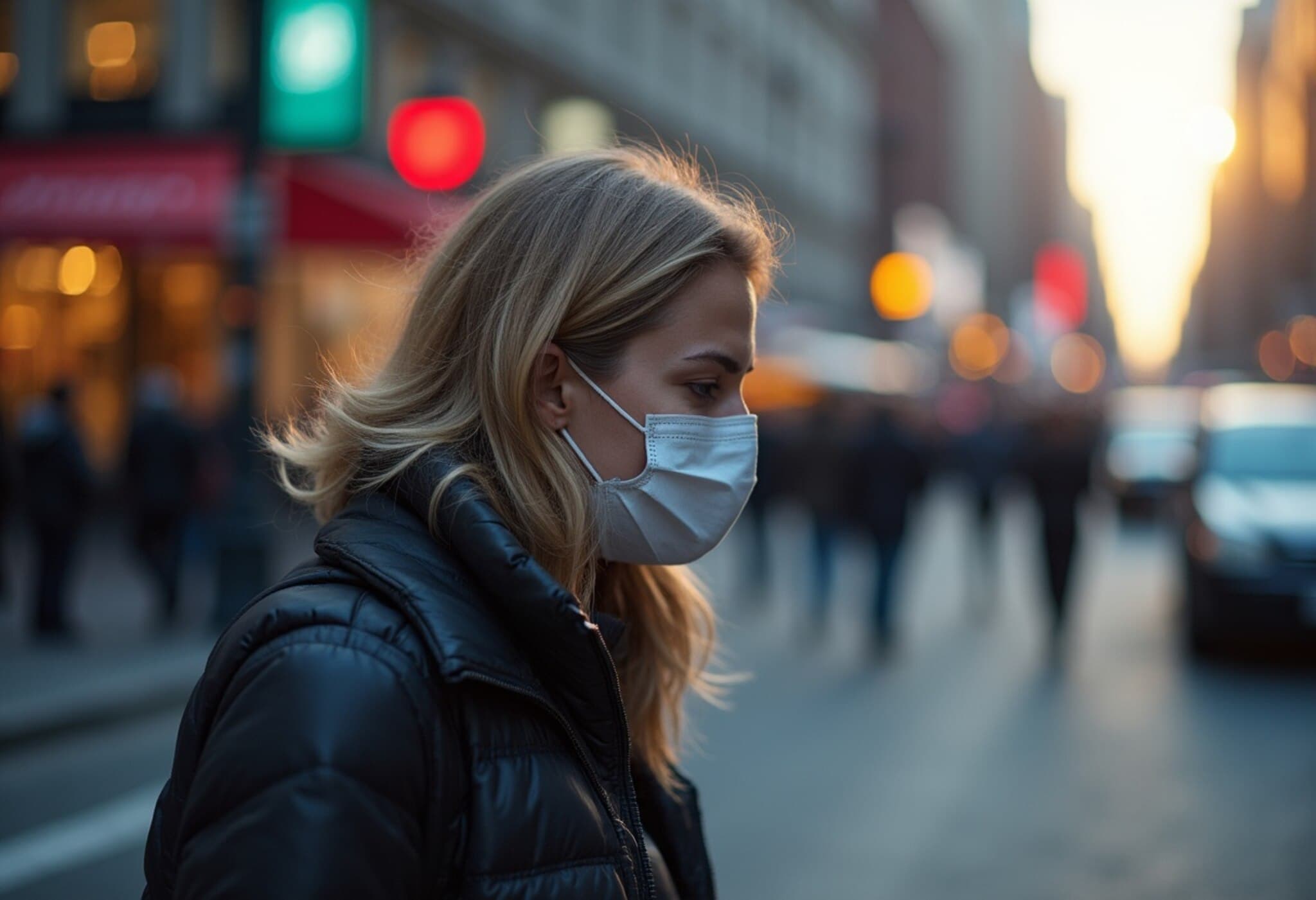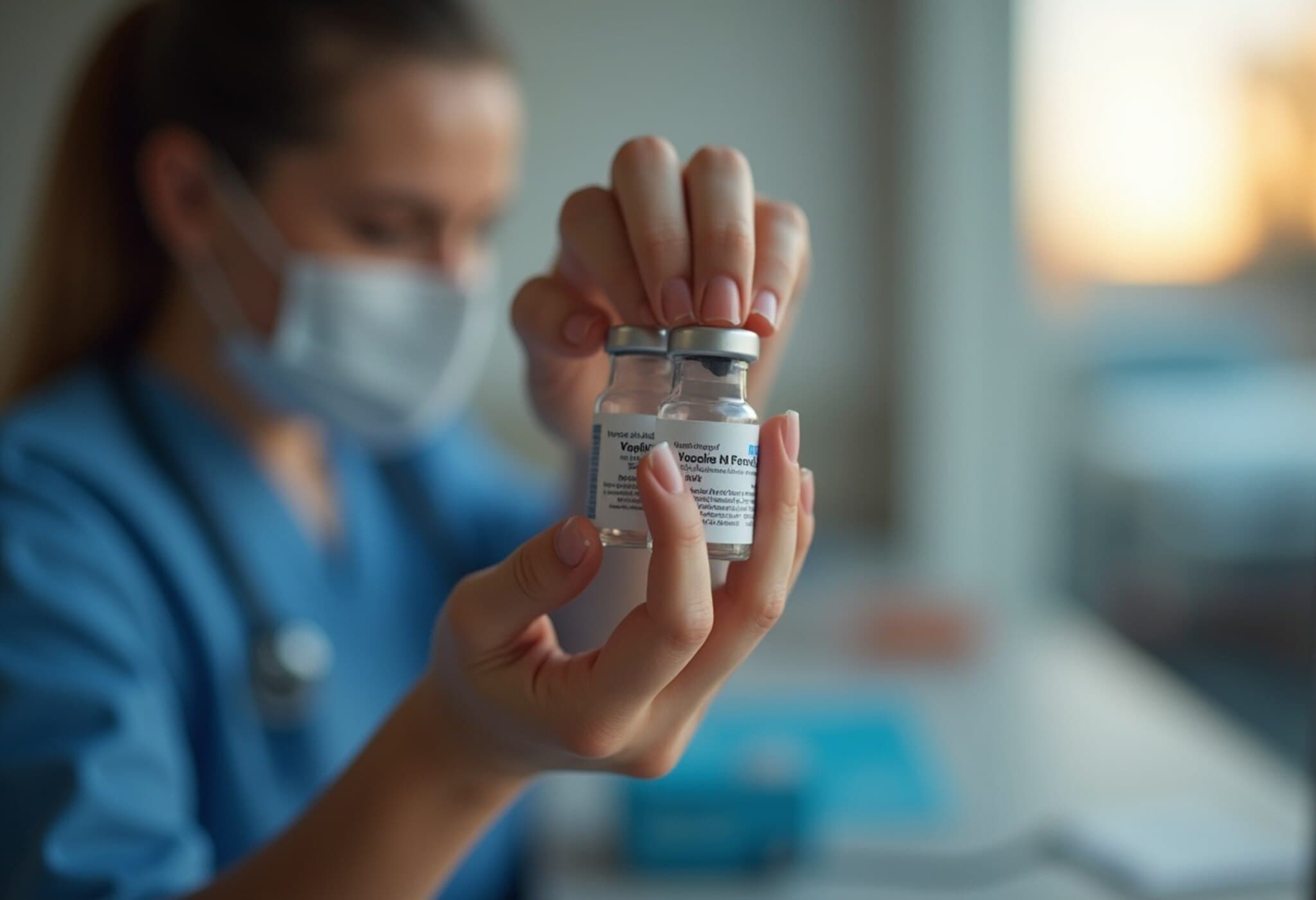The Daily Coffee Dilemma: How Much Is Safe?
Coffee remains one of America’s favorite daily rituals, with nearly two-thirds of U.S. adults enjoying a cup every day, according to the National Coffee Association’s 2022 data. Yet the question persists: is your daily coffee habit a harmless pick-me-up or a risky overindulgence? The answer, as recent studies reveal, isn’t cut-and-dry—it varies depending on your personal health, lifestyle, and how your body reacts to caffeine.
New Research Sheds Light on Coffee’s Complex Effects
A groundbreaking study tracking close to 50,000 women over 30 years found that drinking coffee daily could actually offer protective benefits against certain chronic diseases. Moderate consumption—defined as one to three cups per day—was associated with a decreased risk of some health conditions and even increased longevity.
However, the story isn’t entirely rosy. Other research highlights that excessive coffee intake might elevate cardiovascular risks, particularly for people with preexisting high blood pressure. A 2022 article in the Journal of the American Heart Association linked heavy coffee drinking to an increased chance of heart-related events in hypertensive individuals, signaling a need for caution.
Guidance on Safe Caffeine Intake: The 400 mg Rule
Most health authorities, including the Food and Drug Administration (FDA), recommend keeping caffeine consumption under 400 milligrams per day, which roughly translates to about 3–4 cups of brewed coffee. This limit also encompasses caffeine from tea, sodas, energy drinks, and even chocolate.
Supporting this, alternative medicine advocate and author Deepak Chopra shared that he personally drinks two to three cups before noon, aligning with expert views that morning coffee habits within this range are generally safe.
Individual Tolerance Matters More Than Numbers
Registered dietitians emphasize that caffeine sensitivity varies wildly. Some people might feel jittery or anxious after just one cup, while others can comfortably enjoy three or more without side effects.
- Feeling overly tired despite caffeine? Experts suggest cutting back.
- Rapid heartbeat or nervousness after coffee signals to stop.
- Pregnant individuals should limit or avoid caffeine, consulting medical advice.
- People with diabetes or heart disease should monitor sugar additions and overall intake.
- For children and teens, health authorities recommend avoiding caffeine altogether.
Mindful Coffee Drinking: Beyond the Cup
Caffeine isn’t just a stimulant; it also suppresses appetite. Nutritionists advise having a meal or drinking water before your coffee to avoid using caffeine as a meal substitute—a habit that can lead to nutritional imbalances.
Additionally, if afternoon coffee disrupts your sleep patterns, limiting consumption to mornings can protect your nightly rest without sacrificing your coffee fix.
Expert Takeaways and Regional Relevance
In the context of American health policy, understanding coffee consumption’s nuanced effects is essential. With cardiovascular disease as the leading cause of death in the U.S., tailoring caffeine intake to individual risk profiles can become part of personalized preventive care. Moreover, as coffee culture intertwines with work habits—from office breaks to home remote work—the balance between productivity and health becomes increasingly significant.
Lastly, the commercial coffee industry continues to thrive, with millions relying on caffeine for energy. Promoting awareness around responsible consumption can help mitigate health risks while respecting cultural practices.
Editor's Note
Coffee is more than just a beverage—it's a deeply embedded cultural ritual that fuels millions each day. Yet, as this evolving body of research shows, the effects of caffeine can differ dramatically across individuals. The key lies in mindful consumption: understanding your body's signals, respecting medical guidelines, and making choices that nurture your wellbeing without sacrificing enjoyment. As we continue to explore coffee’s health implications, questions linger on how public health messages can better accommodate personalized advice and how cultural habits might shift in response.



